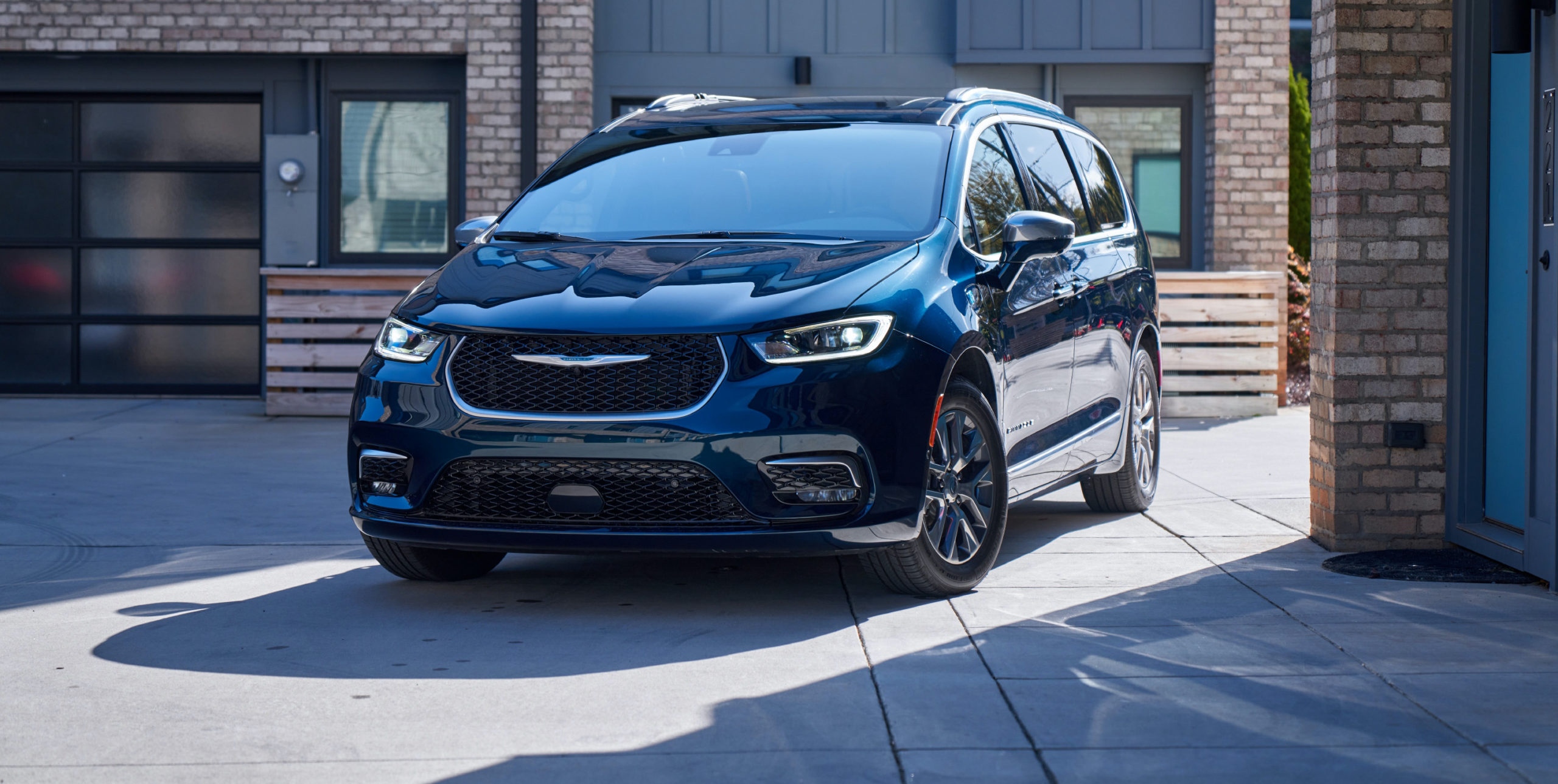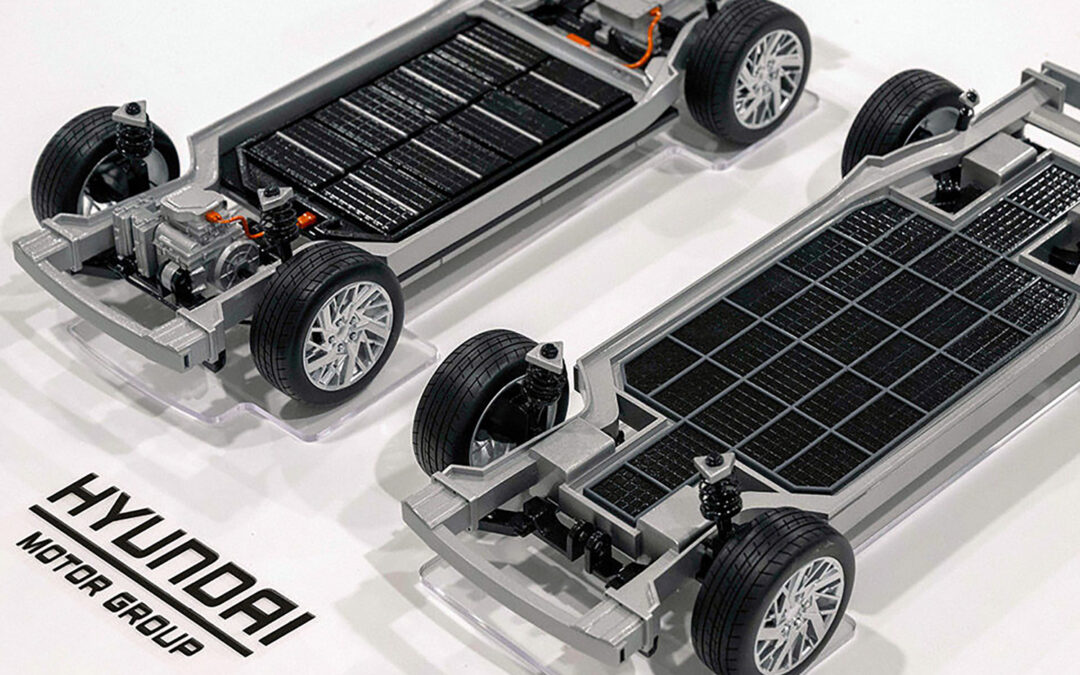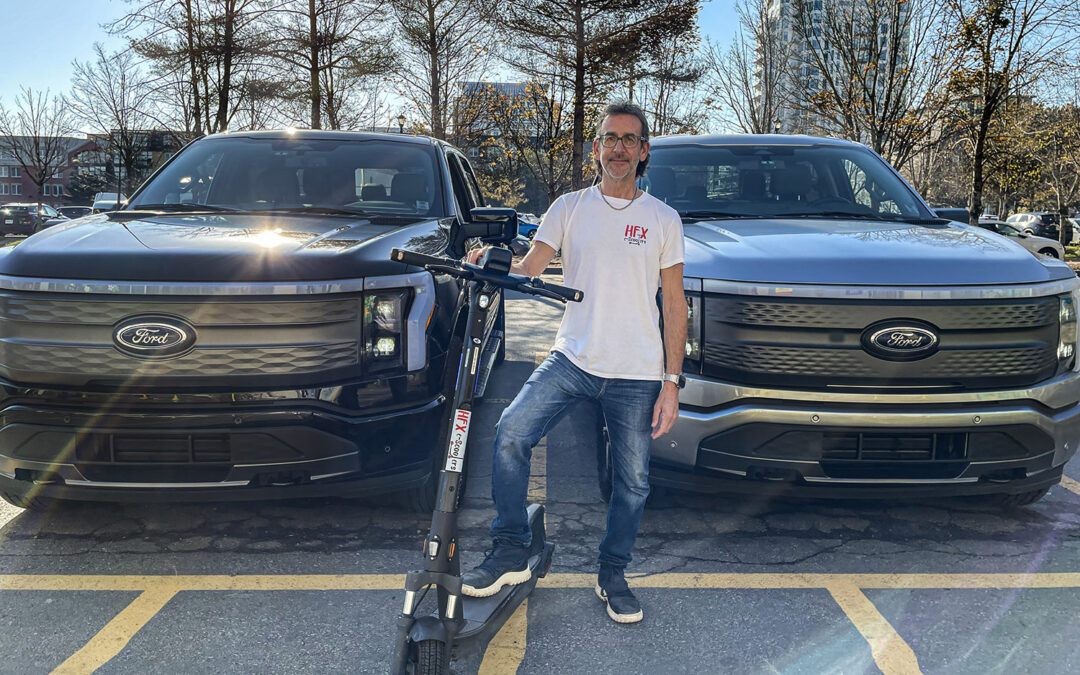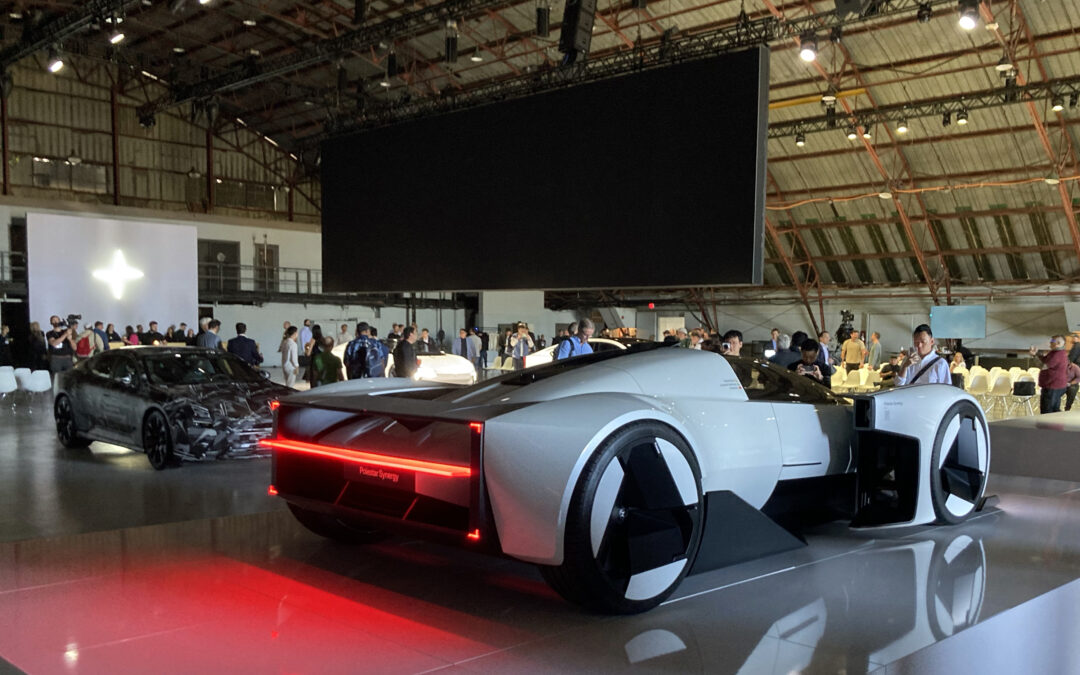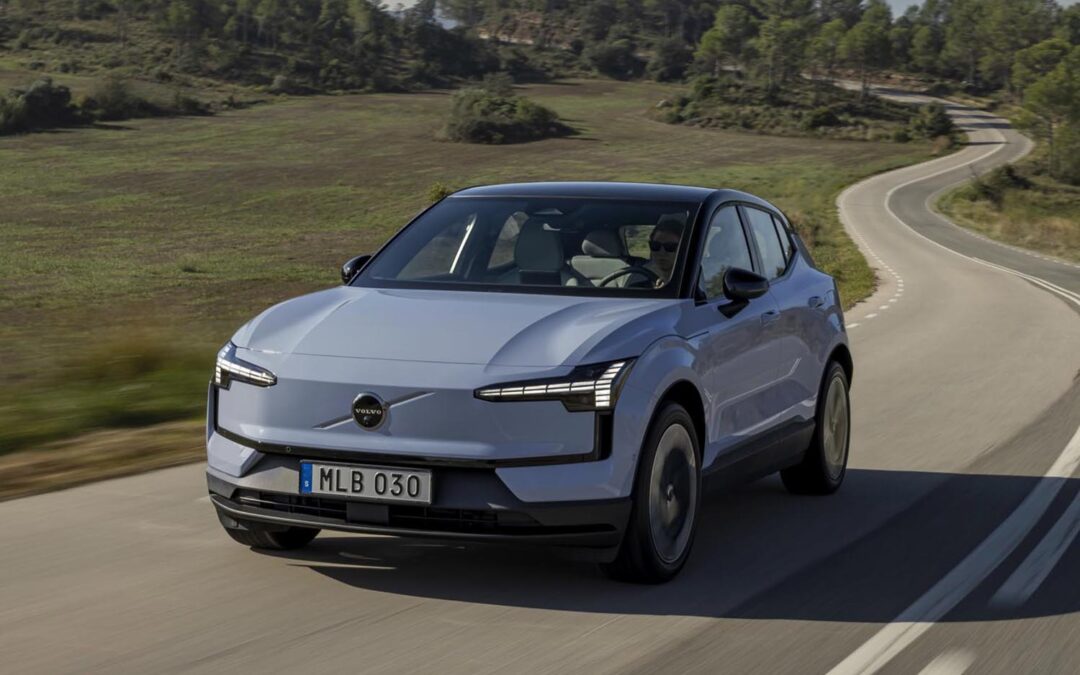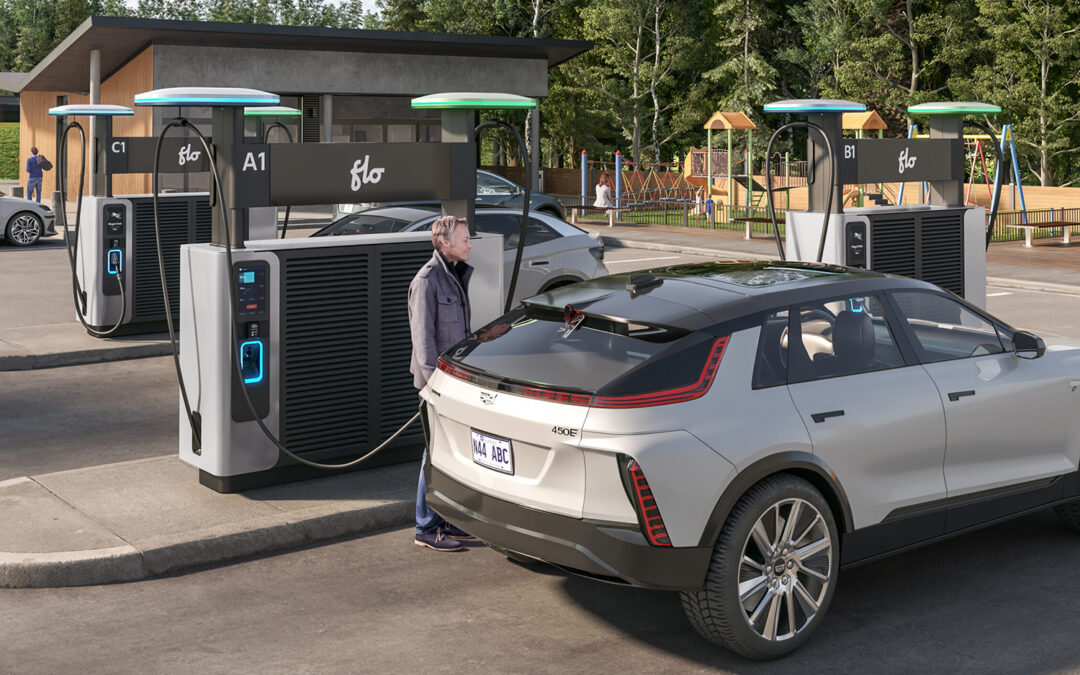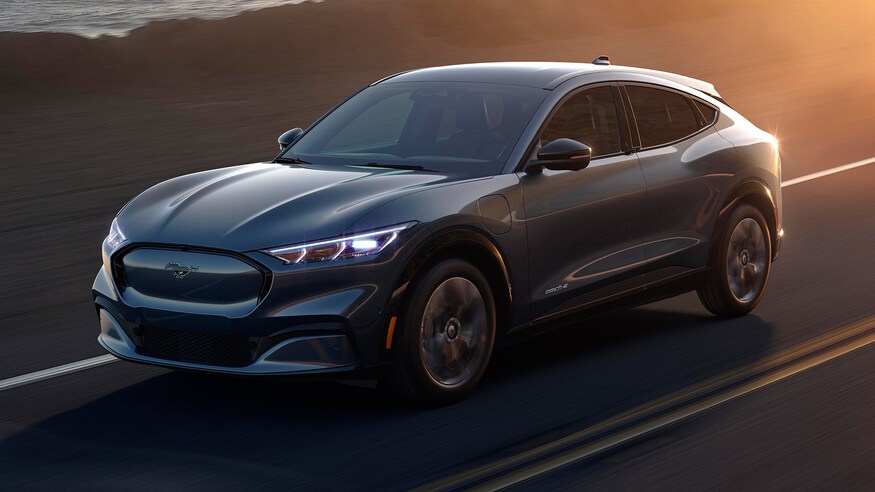Stellantis, the carmaker formed following the merger of Fiat Chrysler Automobiles and the PSA Group, has agreed to preliminary terms with LG Energy Solution to manufacture battery cells and modules in North America as part of its decade-long electrification strategy.
Though not fully finalized, the proposed joint-venture would see Stellantis and LG establish a new battery manufacturing facility with a mooted annual production capacity of 40 gigawatt hours. The location and estimated building costs of the new facility are “currently under review”, but construction is expected to break ground in the second quarter of 2022.
Batteries produced at the site are set to be supplied to Stellantis’ assembly plants across the United States, Canada and Mexico for use in the company’s next generation of EV and plug-in hybrid models.
This provisional announcement follows news earlier this year that Stellantis is set to inject 30 billion euros (around $43 billion) into software and electrification upgrades in a bid to offer EV variants across the company’s family of brands and their respective model line-ups by 2030. In that time, the multinational corporation based in Netherlands aims to achieve 40 per cent of its sales across the US purely from EVs.
“Today’s announcement is further proof that we are deploying our aggressive electrification road map and are following through on the commitments we made during our EV day event in July,” Stellantis CEO Carlos Tavares explained in an official company statement. “With this, we have now determined the next ‘gigafactory’ coming to the Stellantis portfolio to help us achieve a total minimum of 260 gigawatt hours of capacity by 2030. I want to warmly thank each person involved in this strategic project. Together, we will lead the industry with benchmark efficiencies and deliver electrified vehicles that ignite passion.”
This project is the latest undertaken by both Stellantis and LG Energy in a partnership that dates back to 2014. The latter, then called ‘LG Chem’, began supplying Fiat Chrysler Automobiles with lithium-ion battery pack systems and controls for the Chrysler Pacifica Hybrid, the industry’s first electrified minivan.
